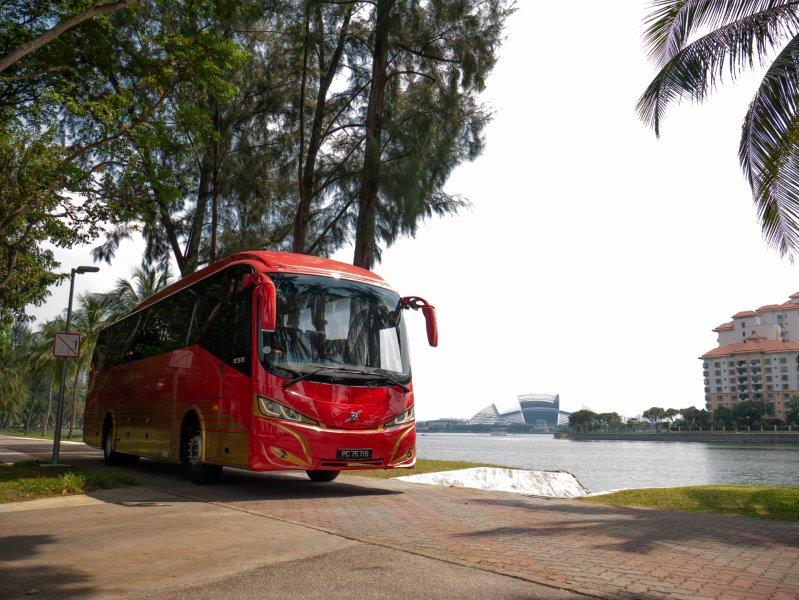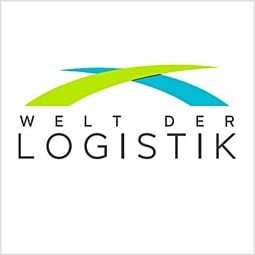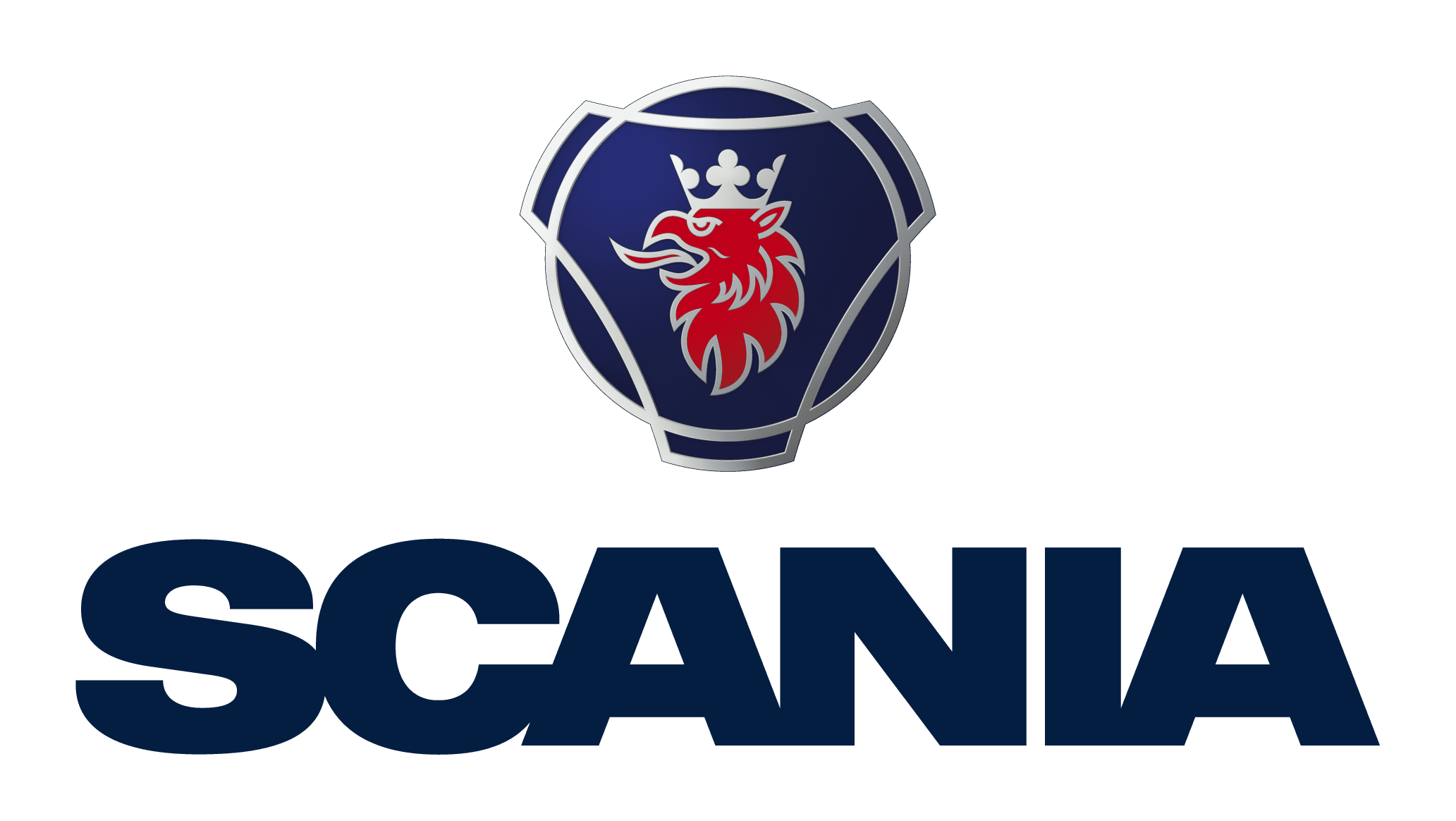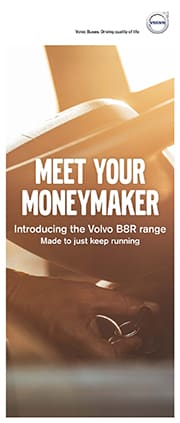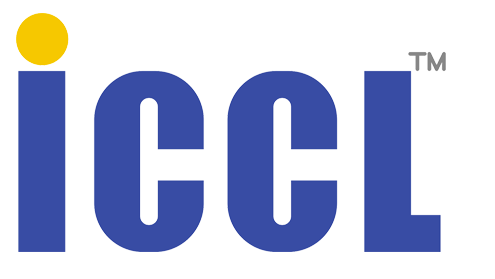Bus-iness Opportunities from Medical Tourism
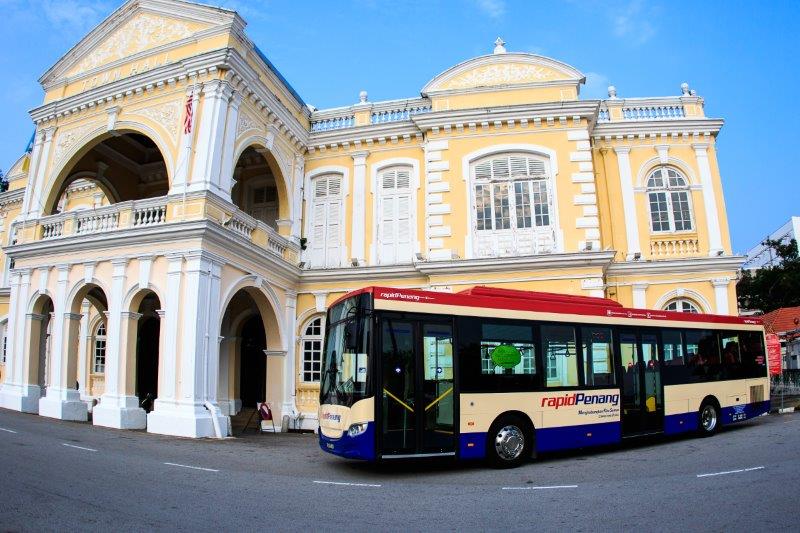
Asian Buses puts medical tourism under the microscope to identify what Malaysia has to offer and the ramifications for those in supportive industries such as bus and coach services.
By David Bowden and Stefan Pertz
Medical tourists to Malaysia can save from 65 to 80 percent on fees compared to those in the US. Rising global medical charges, mostly in developed countries, have created an opportunity for medical tourism in Malaysia. Tourism is one of the largest contributors to global economies, involving many categories from adventure tourism, to cultural, nature, sports, religious and medical tourism.
Medical tourism is a growing market segment and Malaysia is well positioned to capitalise on this.
Medical tourism is a growing market segment and Malaysia is well positioned to capitalise on this. The country is not only strategically located in the heart of Asia but is well equipped with excellent medical facilities and highly qualified English-speaking professionals supported by well-trained para-medical staff. Many private medical centres have attained certification for internationally recognised quality standards. Malaysia also offers excellent patient comfort with five-star rooms that resemble hotel
accommodation.
This industry is under the purview of the National Committee for the Promotion of Medical and Health Tourism which addresses the needs of patients who travel from regional destinations especially Indonesia.
Malaysia also offers superb tourism infrastructure to enable easy movement around the country. Taking a bus from the airport to the city or across the country to relax in a luxurious resort with spa facilities is a breeze. Once COVID-19 is behind us, buses will be at the fore in moving passengers in great numbers. Coaches, city buses and vans shuttling patients to their medical appointments provide essential support to the medical tourism industry.
Malaysians are eagerly anticipating greater vaccinations so that everyone can start travelling again and returning to pre-COVID days. The country’s travel and medical industries are unanimous in seeking the return to pre-COVID conditions and, this day is getting closer with every vaccination. Malaysia’s leading centres for medical tourism in Kuala Lumpur and the resort island of Penang are prepared for an increase in medical tourism in post-COVID days.
Health Tourism is Big Business
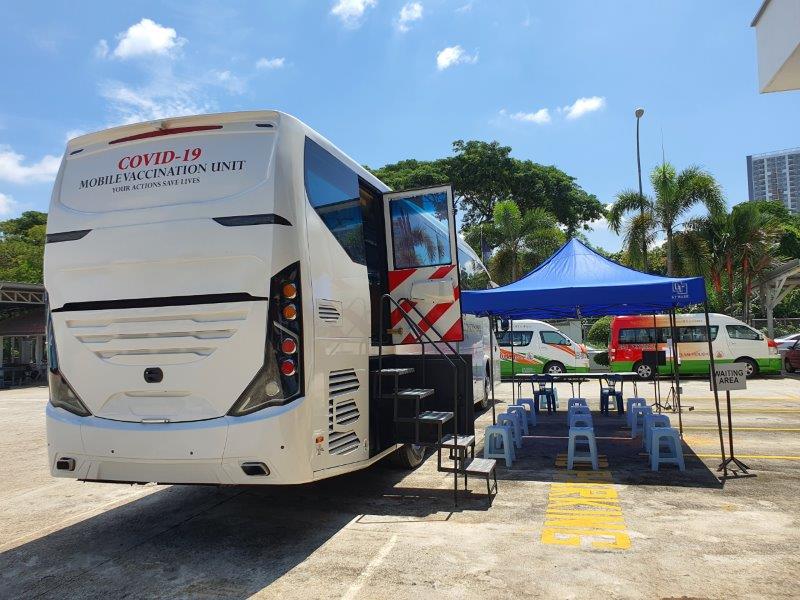
The number of Malaysia Healthcare Travel Council–endorsed medical facilities in Malaysia has increased over the years from 35 in 2009, to 76 in 2019, and plays a role in increasing figures of foreign patients. Malaysia is listed in the top ten tourism destinations in the world by Patients Beyond Borders.
Malaysia is also listed as winning multiple awards for health care provided by internationally renowned bodies. In terms of business opportunities, tourist arrivals are a good indicator. Having grown significantly from 643 000 arrivals in 2011 to 1.22 million in 2019, medical tourism in Malaysia is valued at RM 1.7 billion, up from RM 527 million in 2011.
Bus Transformation
During the pandemic, buses have made a contribution to combating the virus. When we think of medical tourism, we automatically assume that patients need to travel to centres that provide medical care. Accepting the challenge, local bus manufacturer Terus Maju Services Sdn Bhd (TMS) reconfigured its most popular model to a mobile clinic. Johor was one of the first to place an order for these re-purposed vehicles to assist with rural vaccinations.
Coaches, city buses and vans shuttling patients to their medical appointments provide essential support to the medical tourism industry.
TMS Managing Director Loo Kok Seong noted: “It’s the very nature of this vehicle to offer abundant space inside as well as storage areas. What we did was remove the seats and install tables so that nurses could attend to patients receiving their jab. In the rear of the bus, we placed a bunk bed so that anyone feeling unwell after being vaccinated could rest.”
Storage compartments offer sufficient space for all equipment required to establish a temporary vaccination centre - canopies, chairs, signs and medical supplies.
The advantage of this type of vehicle is that it is flexible and able to accommodate smaller numbers of patients that need to be vaccinated. Using such a TMS-designed bus, villages can be visited on one day after which the bus relocates. It is also cheaper than having to rent a hall for the period required for full vaccination. Once the vaccination programme is complete, these buses can be converted back to normal buses.

Healthy Devices on Board
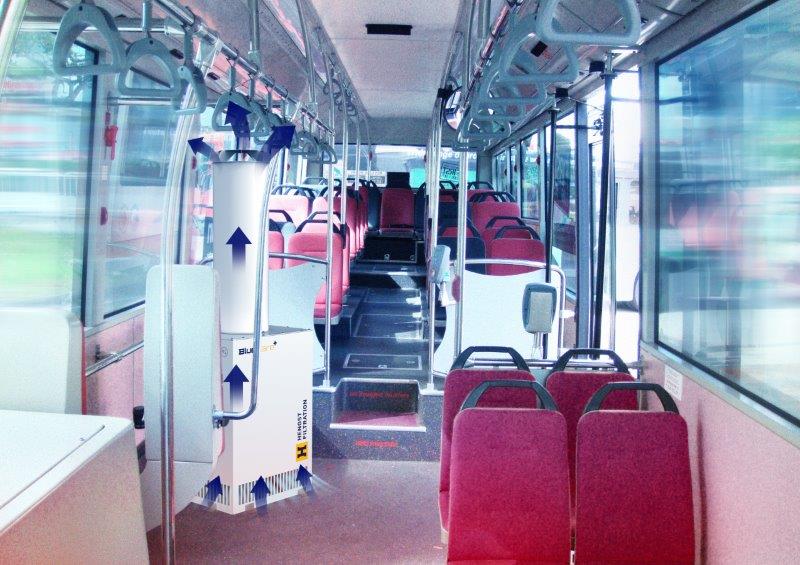
Besides seat belts, bus operators have a range of new devices at their disposal to ensure passenger safety and well-being. German filtration expert Hengst has responded to industry needs by offering a standard mobile anti-viral BlueCare+ unit as a bolt-down option. The BlueCare L is simply bolted to the floor and connected to the buses’ electrical power system, this filter produces clean air at a rate of 1800m3/h max and M 800m3 /h while eliminating 99.99 percent of germs. This system features low electricity consumption and can be connected into the on board system, requiring 75 W.
“One of the crucial issues we found is that the filter needs to sit tight. There’s no point having an expensive device that’s leaking contaminated air. The Blue.care filtration system has repeatedly proven that it’s one of the most effective in the market,” claims Frank Maergner of Hengst Asia Pacific Pte Ltd.
Clean Healthy Air
Multiple studies have shown that air quality inside vehicles has a significant influence on the safety of the driver and passengers. When air is thick with pollutants, drivers’ concentration can suffer, resulting in a higher risk of accidents. Interior cabin air filters create healthy, comfortable air. Filtered and de-contaminated air is crucial inside a passenger carrying bus or van.
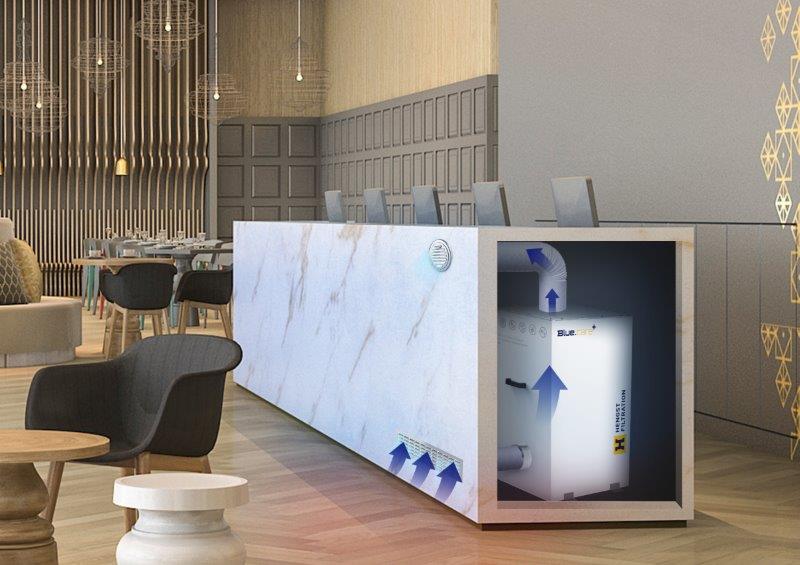
One in five people suffer from a pollen allergy and allergies are increasing. More and more children are among the sufferers. Drippy noses and watery eyes can also noticeably affect the driver’s attention. Another aspect are fine dust particles, which can significantly affect our health. They can penetrate deep into bronchial tubes or even enter the blood stream. In tropical climates, mold spores are all around but can also be a health hazard. Spores spread even more quickly when the weather is moist and warm.
An infinite number of bacteria are also in the air. Providing the same high level of protection, Hengst’s Blue.care cabin air filters are a way to effectively protect all vehicle users: Blue.care filters stop almost all these hazards from entering the vehicle’s cabin via the ventilation system.
Local Travel
After prolonged periods of lockdown, everyone craves a weekend escape. Medical tourism doesn’t just involve medical treatments and hospital visits. To ensure mental health for instance, a short trip, stimulating the senses or calming the nerves may just be what the doctor prescribes. Buses and coaches are part of this tourism equation as many hotels offer coach shuttle services to health care facilities as well as airport transfers and sightseeing.
Prince Court is the hospital of choice for expatriates living in Malaysia and is still able to receive international patients who have special permits.
Cindy Choe, CEO Prince Court Medical Centre
Capital Commitment
It’s not surprising that Malaysia’s most comprehensive medical services are concentrated in the capital Kuala Lumpur and the Klang Valley. Kuala Lumpur is also the principal air gateway for those travelling from overseas and outstation destinations. Its airports (KLIA and Subang) are transportation hubs that are well-connected by rail and road links to the city. Buses and coach services are an integral component in enabling tourists to visit Malaysia.
In addition, hotels and serviced hotels/apartments provide an extensive choiceof accommodation options for those seeking medical services.
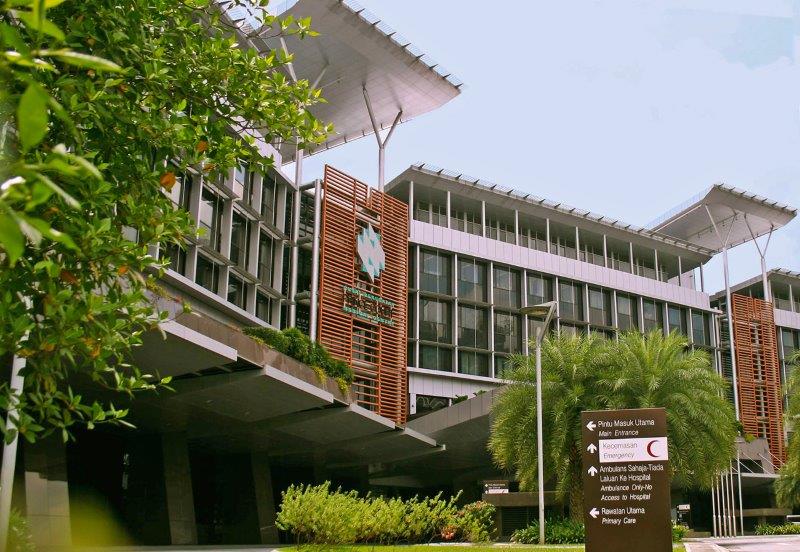
A Princely Court
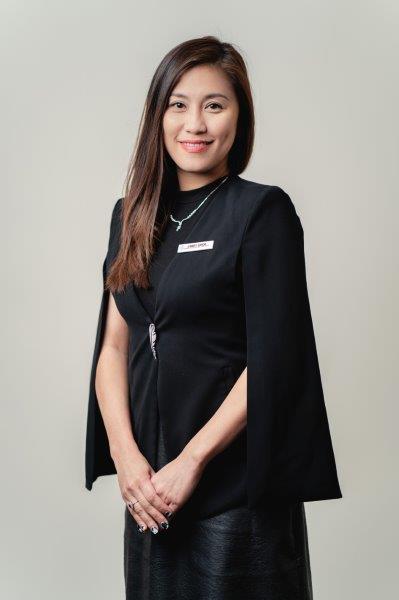
Prince Court Medical Centre offers comprehensive clinical services, world-class facilities and outstanding patient care. It is strategically positioned to support Malaysia as a healthcare hub in Asia with its clientele mostly coming from Asia,
Europe, the Middle East, Australia and Africa.
The hospital’s CEO, Cindy Choe claims that worldwide cross-border travel restrictions since 2020 have resulted in a significant drop in medical tourists seeking treatment. “However, Prince Court is the hospital of choice for expatriates living in Malaysia and is still able to receive international patients who have special permits,” she remarked.
Prince Court Medical Centre is a multidisciplinary hospital providing holistic clinical solutions through advanced medical technology and dedicated teams of sub-specialised practitioners. Its centres of excellence include Orthopaedic and Rehabilitation (minimally invasive surgical capability with a state-of-the-art rehabilitation facility), Renal and Urology (the only Malaysian private hospital to have successfully completed over 100 renal transplants), Cosmetology and Dermatology (the only Malaysian private hospital with a purpose-built burn facility for treating regional patients), Eye and ENT (including an eye lab, LASIK centre, audiology lab, sleep lab and facilities for Cochlear implantation), Heart and Lung, Digestive System, Neuroscience and Spine, Women and Children and Oncology.
As part of its exclusivity, the hospital offers single-bedded rooms only with 10-12 rooms per ward. This effectively enables safe physical distancing and ventilation for patients and their family members. Healthcare workers are vaccinated and the hospital continuously observes stringent hygiene and infection control policies.
Prince Court operates an international business lounge to ensure a seamless experience for medical tourists and family members. Services include assistance with visas, insurance, accommodation, translation and transportation to and from airports, hotels and the hospital.
Equatorial Retreat
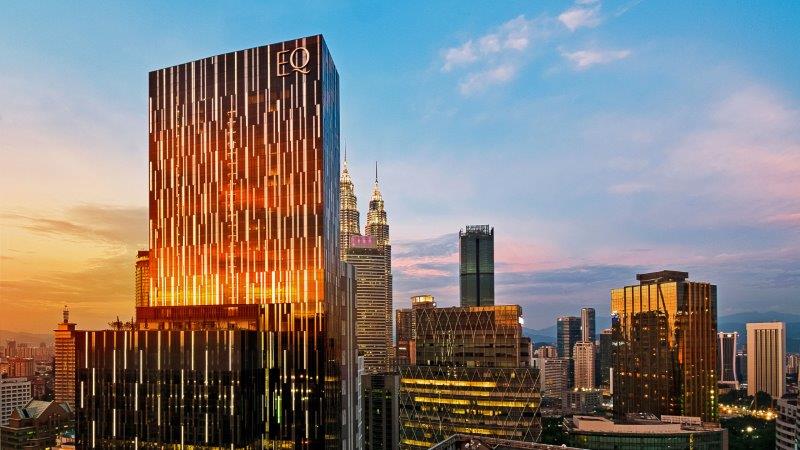
There are several hotels in the vicinity of medical centres like Prince Court with the recently opened EQ hotel in Kuala Lumpur being one that provides excellent accommodation for recuperating medical tourists and their families. This strategically located city hotel continues the refined hospitality established by the hotel’s predecessor, the Hotel Equatorial Kuala Lumpur.
We have had guests staying here for important surgeries and specialist medical attention.
Sebastian Lochbrunner, Hotel Manager for EQ
Hotel Manager for the EQ, Sebastian Lochbrunner is optimistic about the nation’s vaccination programme and expects domestic tourism to fully resume at the end of 2021. He commented: “Even as the Hotel Equatorial, we’ve always had guests staying for medical procedures because of our central location. The new hotel was purposely designed to meet the needs of guests, their family and carers. These include features like connecting rooms with multi-combination bed types,
private elevators from the carpark, accessible rooms and in-room dining. Privacy and security are important too.”
Lochbrunner continued: “We have had guests staying here for important surgeries and specialist medical attention. Once restrictions are lifted, we will see those with elective surgeries making bookings with us and their medical specialists.” Most of the hotel’s medical tourism guests are domestic but some travel from Singapore and Indonesia. During the downtime, the hotel has reviewed and improved its menus, promotions, recipes, service delivery and systems. EQ has many facilities that appeal to all guests. Whether guests are recuperating or simply relaxing, they will enjoy lazing by the pool or seeking serenity in Sanctum Spa. The hotel also prides itself of its dining options including restaurants like Sabayon with commanding city views from the hotel’s panoramic highest level.
An important part of medical tourism is recuperation as patients seek out resorts to rest while recovering from treatments and post-operative procedures.
Ease of accessibility and safety are key points too with the hotel’s concierge facilitating all transport requirements. Negotiating competitive rates with nearby hospitals is also part of the hotel’s marketing strategy. The hotel is actively getting all staff immunised and soon it will be all systems go according to the Hotel Manager.
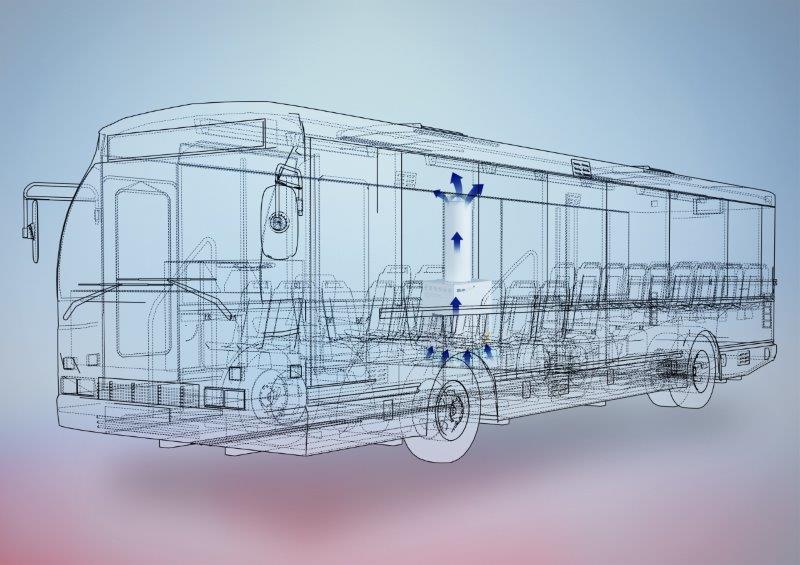
Suburban Serviced Accommodation
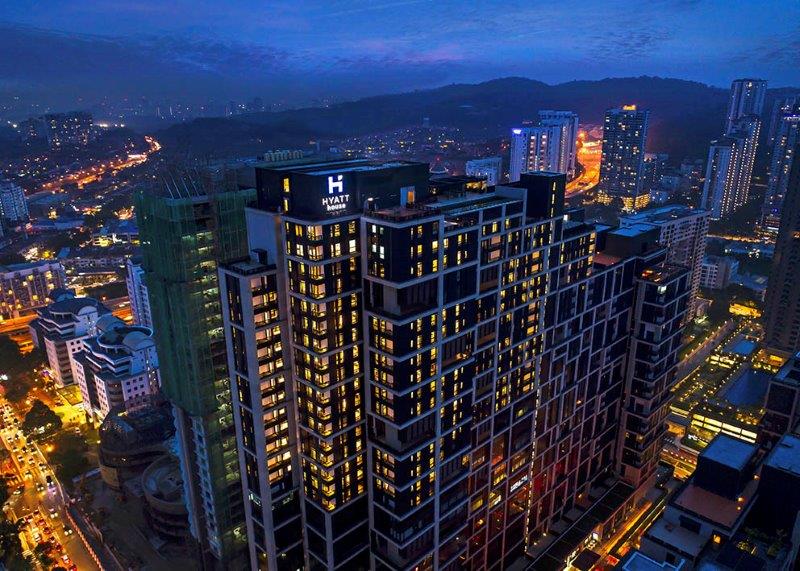
For long-stay guests, the spacious surrounds offered in serviced apartments also appeals to medical tourism guests.
Bennett S. Peter, General Manager at Hyatt House in suburban Mont’ Kiara is cautiously optimistic about the current COVID-19 situation and has faith that the vaccination programme will revitalise the economy. He believes rooms at Hyatt House are built like an apartment with fully-equipped kitchens to offer guests a sense of space.
Hotels and serviced hotels/apartments provide a comprehensive range of accommodation options for those seeking medical services.
“In the past we used to be a place of rest for those who completed surgery at nearby hospitals”, claimed the experienced hotelier. He added: “Good quality medical facilities with affordable fees make Malaysia a great destination for medical tourism. These services range from simple services such as dental work to more complicated procedures.”
Hyatt House, certified a CLEAN Malaysia property by the Tourism Ministry and a GBAC-star facility, is ready to welcome back guests principally from China, Indonesia, the Pacific Islands and Japan. While the hotel appeals because of its proximity to several hospitals it has a special working relationship with Global Doctors in Mont’ Kiara.
Penang – A Resort Island
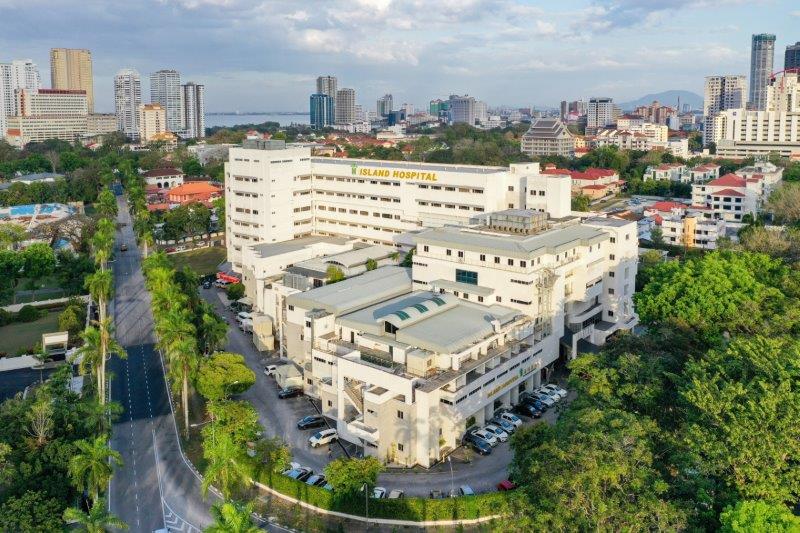
Penang’s history appeals to inquisitive travellers. While the island has always captured the attention of tourists, the 2008 listing of historic George Town as a UNESCO World Heritage Site provided tourism with an important shot in the arm. This led to the renovation of old shoplots and their refurbishment as trendy restaurants, cafés, bars and boutiques. Owners quickly appreciated that tourists wanted to experience the historic site whilst enjoying the trappings of contemporary life.
In addition, Penang has some of Malaysia’s finest hospitals and medical infrastructure and prior to COVID-19, many visitors travelled to the island for medical tourism. One such medical facility is the Island Hospital Penang where medical tourism has been important for several decades. The hospital began servicing the Indonesian city of Medan, Penang’s sister city. Having won over the hearts of the Medanese, the hospital expanded its services to those living in Jakarta, Surabaya and Aceh. Now, one in four Indonesian medical tourist arrivals in Malaysia is treated at Island Hospital.
Now, one in four Indonesian medical tourists in Malaysia is treated at Island Hospital.
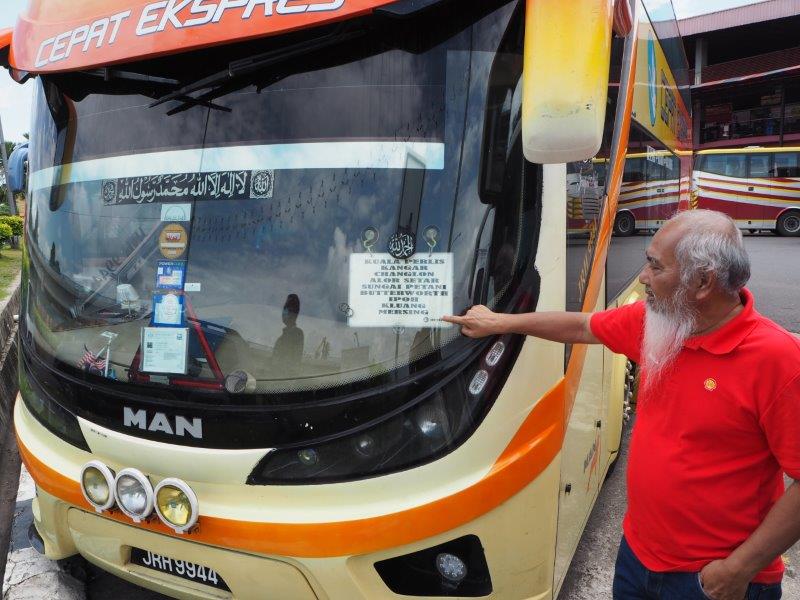
The hospital began specialising in general surgery but now more complex Surgical Oncology cases are handled. Over time, it moved into Orthopaedics as well as well as Spine Surgery. Having covered a wide spectrum of services, the hospital is able to focus on the overall wellbeing of its patients to include Gastroenterology, Urology and Neurology while Nuclear Medicine will be offered in the future.
Like other hospitals, Island Hospital has been severely impacted by the closure of Malaysia’s borders. Meanwhile, the hospital has been transitioning to the ‘new normal’ from the start of the pandemic and using it as a catalyst for positive changes and patient improvements. While teleconsultation, medicine delivery and reaching out to patients were something new, it has become the norm that will continue beyond COVID-19. The hospital has been facilitating healthcare travellers, mainly from Medan with arrangements for chartered flights into Penang and is planning to continue this service post COVID-19.
The hospital offers patients an airport minibus shuttle to the hospital. However, services aren’t limited to just transport as the hospital offers a holistic journey even before patients land in Penang. Patients have access to online consultation with medical and clinical teams as well as customer service to accommodate all patient needs the moment they arrive.
Resort Recuperation
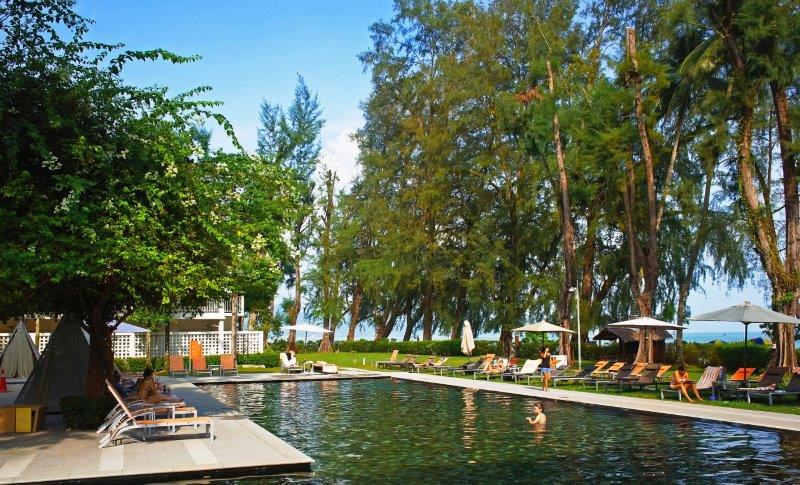
An important part of medical tourism is recuperation as patients seek out resorts to rest while recovering from treatments and post-operative procedures. While some patients choose to stay in hotels close to Penang’s city centre with its hospitals, other choose the beaches of Batu Ferringhi.
One of the well-established resorts here is the Lone Pine which opened in the 1940’s when a beachfront bungalow was converted to a family-owned hotel. Its near-deserted seaside location appealed to expatriates working in the country. In the 1950s, the property was extended with two annex accommodation blocks while more rooms were added in 2010. However, there’s always a sense of space with just 90 rooms overlooking landscaped gardens with whispering casaurinas lining the beach. Its large rooms make the property more comfortable for longer stays and have proven ideal for guests recuperating from medical procedures. In a post COVID-19 recovery, its ventilation system and seaside location will ensure adequate distancing as will large balconies and individual air conditioning.
After prolonged periods of lockdown, everyone is craving a weekend away to de-stress.
The property also provides ease of access for wheelchair patients. Another bonus is that the resort is located on a bus route for those who need to visit city-based hospitals and post-treatment specialist consultations.
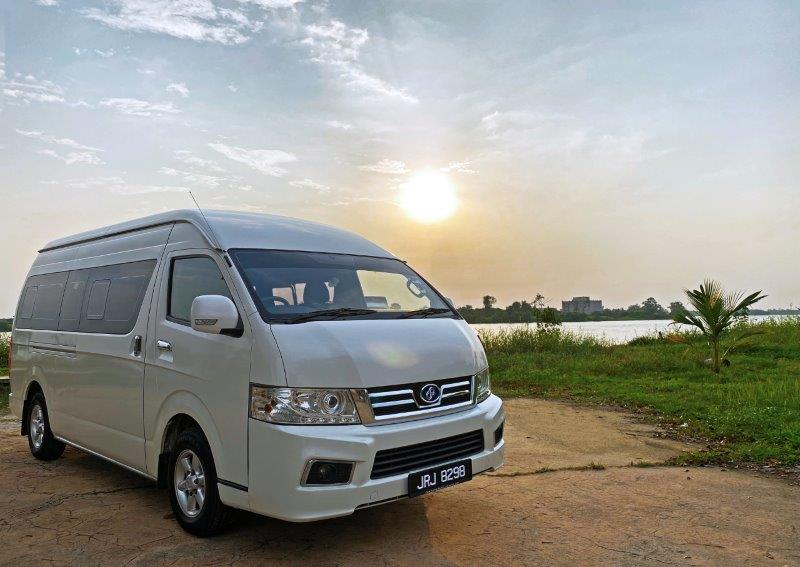
Francois Sigrist, General Manager at the Lone Pine Resort claims that: “Once the vaccination is completed the future will be bright as people are tired if not exhausted of the crisis and want out. I remain optimistic that the future will be good and business will boom when we pass this stage.”
Sigrist added that city hotels closer to hospitals are more favoured by medical tourists as they offer easier access for medical treatment but for post-treatment recuperation; the Lone Pine is perfect.
The hotelier is expecting a surge in travel and medical tourism for elective treatments, once things return to normal. Currently most medical tourists are Indonesian but Sigrist says there is a market for Australians and Europeans due to Malaysia’s high standards and lower medical costs.
The Swiss-born General Manager said: “Lone Pine can’t wait to start again but the main issue will be staffing as hotels are currently being operated on the bare minimum and when the travel boom restarts we will need to hire fast. There is huge potential for medical tourism in Penang.”
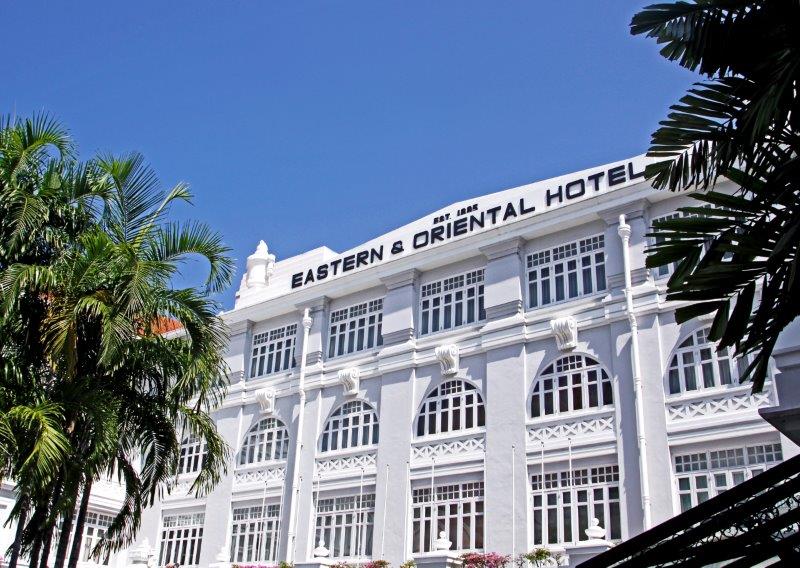
Heritage Hospitality
Alison Fraser, the General Manager at the Eastern & Oriental Hotel (E&O), a preferred hotel for many when they travel to Penang, believes that once interstate borders open there may well be a surge in domestic business and eventually from overseas.
The E&O Hotel is situated in George Town and has easy access to private hospitals for those people who are visiting patients and are looking for a luxury experience. The hotel often accommodates long-stay clients by offering personalised service to cater to their needs. Fraser believes that the hotel’s larger than normal suites easily enable an extra bed to be placed in each room for an additional guest.
Rising global medical charges, mostly in developed countries has created an opportunity for medical tourism in Malaysia.
Fraser believes that Penang is well-geared for medical tourism as it has an abundance of superior medical facilities and a high quality of healthcare. For carers who are travelling with patients there are many attractions for them to pass the time, a wide variety of great food to indulge in and many great hotels to stay in. The weather is good and moving around on public transport is very affordable.”
Looking Ahead
Be it local or foreign tourists, getting around is an easy task With bus terminals scattered across the country, one can easily get away for a weekend or prolonged stay without the hassle of dealing with a car. Modern terminals, such as Terminal Bersepadu Selatan (TBS) connect to a myriad of places and with even a post office inside, one can also send a postcard straight from the platform.
Once COVID-19 is behind us, buses will once again be at the fore in moving passengers in great numbers. Having upgraded facilities and buses to be ever-ready with procedures and equipment to tackle even a pandemic, tourists can rest assured that their entire journey to a healthier live is taken care of.
Once flights take off again and borders open, buses, ambulances and vans stand ready to tap into this market as it is set to grow even further.
Asian Buses acknowledges the assistance of the Malaysia Healthcare Travel Council (MHTC) in compiling this story.
